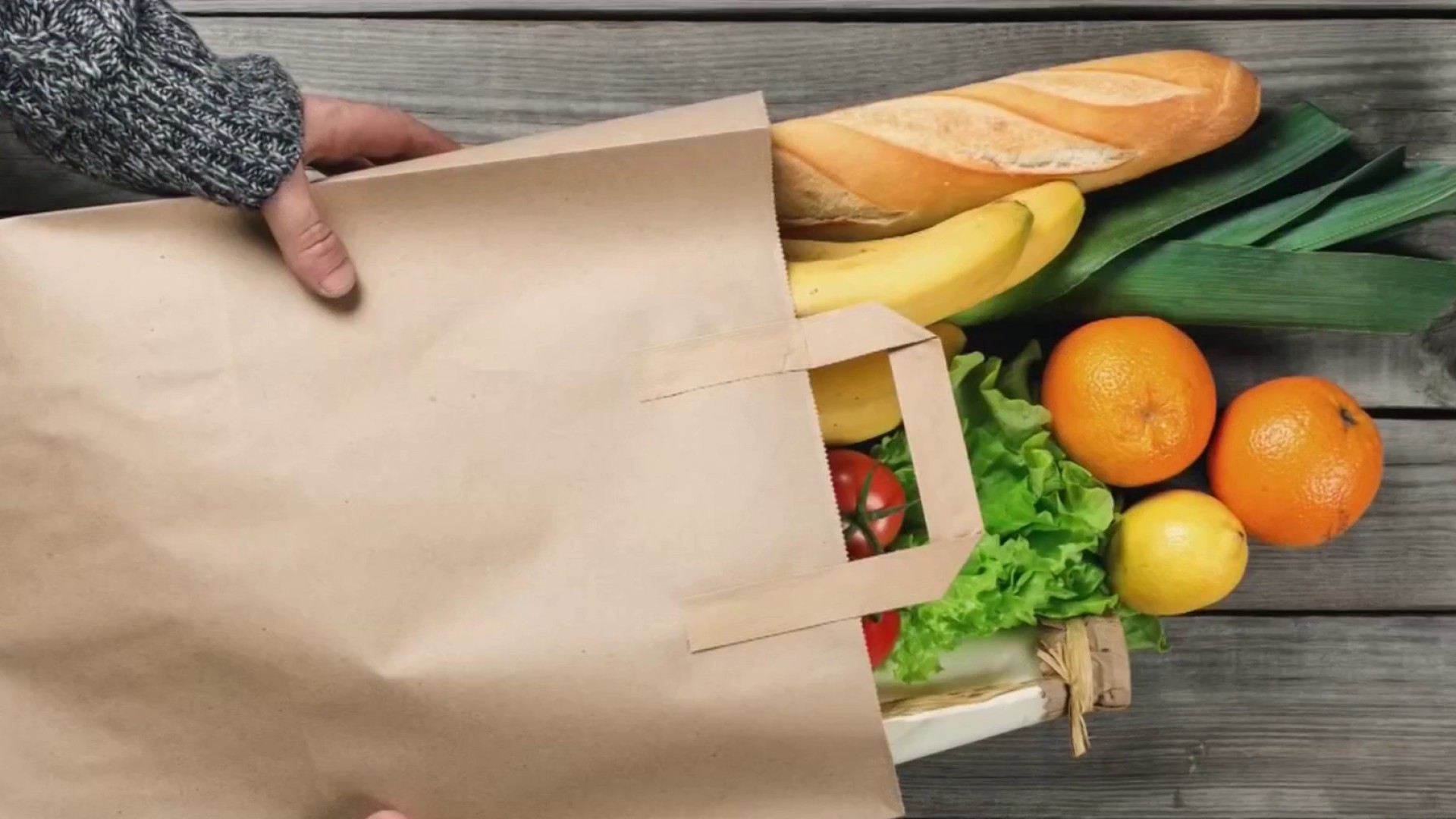A Los Angeles man had a roughly $7,000 dispute with a San Francisco hotel, and it turns out it was done in by a 150-year-old state law.
Bob Sabouni and his friends chose the Marriott Marquis in San Francisco for a weekend enjoying baseball. When they checked in, their room wasn’t ready. So, they gave their bags to a bellman and went to the game. A few hours later, Sabouni returned to the Marriott.
“Everyone’s bags were there but mine,” he said.
CHECKED BAGS GIVEN AWAY
Sabouni's two bags had been stolen – and pretty easily. A San Francisco police report says the Marriott gave the bags to a thief who claimed he “lost his ticket.” The police report says the hotel security director “admitted his staff made a mistake.”
Sabouni was astonished. “They basically handed over about $9,000 worth of my stuff,” he said. His bags included an iPad Pro and a MacBook Pro.
Sabouni sued, but he ultimately only got $1,000 for his bags from the Marriott.
Why so little?
OLD 'TRUNK' LAW APPLIES IN 2022
Let’s set sail back to 1872. That’s when the California legislature added a liability cap to the “Innkeeper’s” law. The innkeeper’s law is so old, it makes reference to a guest’s "valise" -- aka small luggage. It also references steamer "trunks."
Get a weekly recap of the latest San Francisco Bay Area housing news. Sign up for NBC Bay Area’s Housing Deconstructed newsletter.
“When’s the last time you saw someone show up at a hotel with a trunk,” asked Relani Belous, Sabouni’s attorney.
"Valise" and "trunk" are outdated vocabulary. And yet, they are part of current law. We found just once in the past 150 years that the legislature tweaked the hotel liability cap, upping it to $1,000 in 1979.
“Dollars have changed since 1979,” said former Pleasanton assembly member Floyd Mori, who sponsored the 1979 bill. He says the law needs another tweak today.
CALLS FOR AN 'OVERDUE' UPDATE
“More than 40 year later, it’s time to update that liability to a number that’s reasonable for people carrying bags today,” Mori said.
California is not alone. In Nevada, state law indicates $750 dollars is the max a hotel has to pay when a guest’s stuff is stolen. A San Francisco judge sympathized with Bob, but said he had to apply California’s $1,000 cap from 1979 -- even though prices have risen. The website Saving.org says $1,000 in 1979 is $4,188 today.
Bob says that’s where a new cap should start. It also “needs to increase with inflation,” Sabouni said. “To me, the only thing that is going to hold Marriott and companies like it accountable is if this law is changed and it has some real bite.”
When a hotel is to blame for property loss, Belous said guests should be paid in full for whatever they lost. “There shouldn't be a cap on that,” she said.
ASKING LAWMAKERS FOR CHANGE
We asked Marriott about Sabouni’s case. Maybe it would reconsider his claim? We did not receive a response. “I’m hoping that some legislator sees this and says, ‘You know what? This is an easy thing for me to fix,’” Sabouni said.
We’ve sent emails to local lawmakers to see if they’re interested in updating the innkeeper law.
For you: we wondered whether insurance might reimburse you for stolen luggage. The answer is yes. But not necessarily travel insurance.
“Personal property is actually better covered under their homeowners or renters’ insurance -- if they have it,” said Suzanne Morrow of InsurMyTrip.com. “Your personal property is protected worldwide [with homeowners or renters’ policies].”
PROTECT YOUR SUITCASES: PHOTOS & INSURANCE
Sabouni had not filed an insurance claim. We recommended he look into it. He said he will.
One more piece of advice for you: before you give your bags to a bellhop, snap photos of your bags -- and what’s inside them. Bob had to give cops and Marriott an inventory -- item by item. That list is much easier to write with photos to jog your memory.



